Globally, arable farming has become a homogenous monoculture and an environmental disaster. It is based on just a handful of grains fuelled by fertiliser and pesticides, which are manufactured using fossil fuels and degrade soil and wildlife.
Just three plant species, wheat, rice and maize, provide half the world’s calories and by 2050, the world’s annual demand for these crops is expected to reach 3.3 billion tonnes, according to the UN’s Food and Agricultural Organization. As a result of polluting pesticides, energy-intensive fertilisers, GM crops, destructive ploughing and heavily-irrigated fields, soil health is literally crumbling while biodiversity plummets. Our food system has reached a crisis point, and arable is a big part of the problem.
But solutions do exist.
Starting small
On a hyper-local scale, Devon-based firm the Fresh Flour Company uses an old-fashioned stone mill to make artisan pasta, sourdough crackers and bran flakes using organically grown wheat, paying farmers up to five times the market rate.
Fresh Flour is produced using heritage wheat varieties such as emmer and einkorn and the premium price supports this short, robust supply chain. “We must rebuild that decentralised food economy and make it more democratic, more regionalised,” says founder Andrew Gilhespy, who left a career in advertising to study for an MSc in sustainable agriculture. “Our model is an answer to this problem. We’re connecting local farmers with soil health and nutritious food.”
Gilhespy is convinced that the answer to sustainable arable lies in decentralising production and setting up replicable systems that use local farmers and millers, without the need for distribution at scale. “Once we’ve standardised what we’re doing here in Buckfastleigh, we could support our staff to set up elsewhere, almost like a Commons franchise,” he says.
While the farmers he works with aren’t all necessarily organic certified, they don’t use chemicals across their entire farms.
Key to the model is using short, local and transparent supply chains, says Gilhespy, who also prides himself on being able to trace the grain used in his staple products back to six specific farms.
Hyper-local supply chains aren’t without their challenges, of course; they can be less resilient to localised, erratic weather patterns and can struggle to develop and maintain a viable and long-lasting local customer base.
Then there’s the fact that, despite the mounting evidence linking industrial farming to biodiversity collapse, the scale of sustainable alternatives is still relatively minuscule. Currently, nine per cent of the total UK organic land area is used to grow cereals and just 2.9 per cent of overall farmland is organic, according to the latest statistics from Defra.
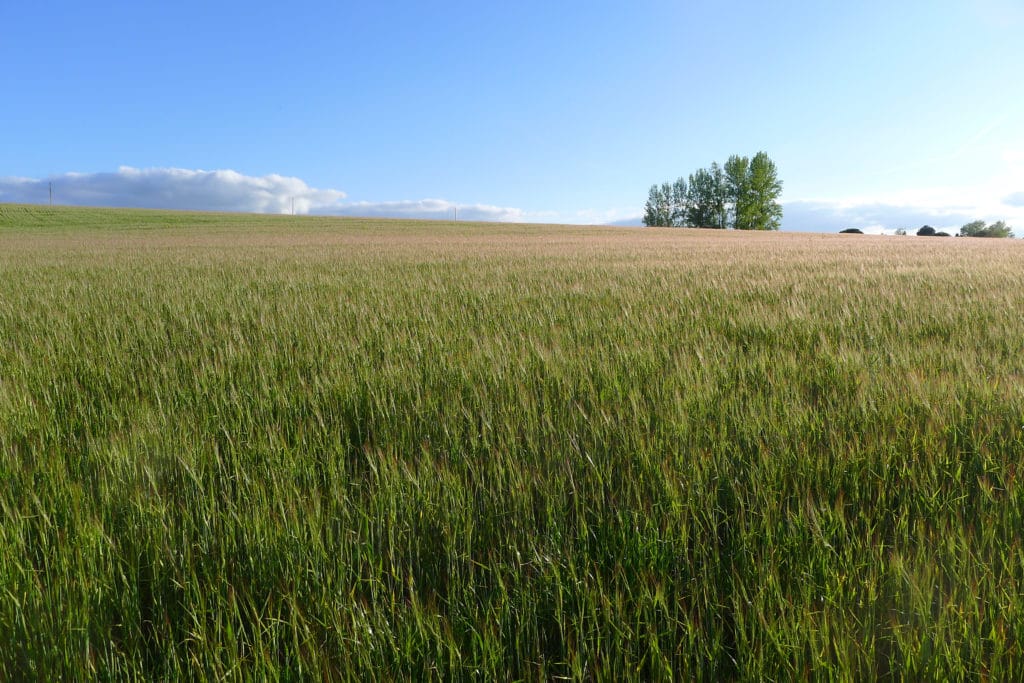
But as the Soil Association’s new report ‘A new era for organic cereals’ states, the number of farmers considering transitioning to more regenerative practices is on the rise.
Regenerative is an uncertified term that is inspiring a growing movement of farmers in the UK, and used broadly to describe farmers focused on restoring soil health but who may still use some chemicals.
Solving the issue at scale
Another industry disruptor is tapping into this interest, aiming to solve the problems of arable farming at scale.
Wildfarmed sells flour made from grains grown without any chemical inputs, helping conventional (non-organic) farmers to move away from these chemicals by growing a mix of grain varieties alongside diverse plants and grasses grown for fertility on part of their land.
There is also an innovative ploughing method – a practice known as strip-tilling – that harvests the grass and grain in strips down a field, to reduce the amount of disruption to soil structure, which helps store carbon and preserve fertility.
According to the co-founders, Andy Cato, Edd Lees and George Lamb, the Wildfarmed pasture cropping system is not a prescriptive ‘strip-tilled’ method, but rather a farming “philosophy” that enhances soil health and biodiversity.
Some farms are bi-cropped (wheat alongside legumes, for example) and some is organic, although not necessarily certified. In practice, farms could have patches of wheat grown with chemicals next to patches of crops grown without, something that carries the risk of pesticide drift.
Sourcing
The ‘Wildfarmed method’, as it has become known, has generated huge excitement across the sustainable farming sector but as the company has scaled up, there have also been some questions around how the supply of wheat produced in this way has kept pace.
With water and salt being the only other essential ingredients for making bread, the flour that bakers put in their bread makes up the majority of what the environmental impact is in a loaf.
According to its website, Wildfarmed already sources enough grain to supply 88 bakeries nationwide, and that, combined with the company’s beginnings in 2020, has led to some questions about origin. Arable is a long-term farming system that takes a year to sow and then harvest crops, so there are some questions around how they have managed to scale up in that time.
One baker, who has worked with Wildfarmed flour and wishes to remain anonymous – let’s call him ‘D’ for dough – explains why the exact sourcing of grain matters to artisan bakers: “With water and salt being the only other essential ingredients for making bread, the flour that bakers put in their bread makes up the majority of what the environmental impact is in a loaf. So when I first heard of Wildfarmed and their manifesto, I was so excited to work with them and their product.”
With interest, D asked for information about who was growing the wheat for his flour, but says he was unable to get specific answers.
Since Wicked Leeks first started asking questions about the sourcing of its wheat back in May, Wildfarmed has published a FAQs page online which clarifies some key points, such as how many farmers are involved (35 in UK and seven in France) and a more detailed explanation of how the grain is farmed.
On social media, numerous bakers have speculated that Wildfarmed grain could be mixed with other imported grains.
Speaking to Wicked Leeks, Cato stated this is not the case, explaining that some grain was already being produced under the Wildfarmed system in France before the brand was formally launched in 2020.
“2020 is when we started doing it at more scale,” explained Lees. “And we’ve been farming in the UK with at least half a dozen farmers for the last five years.”
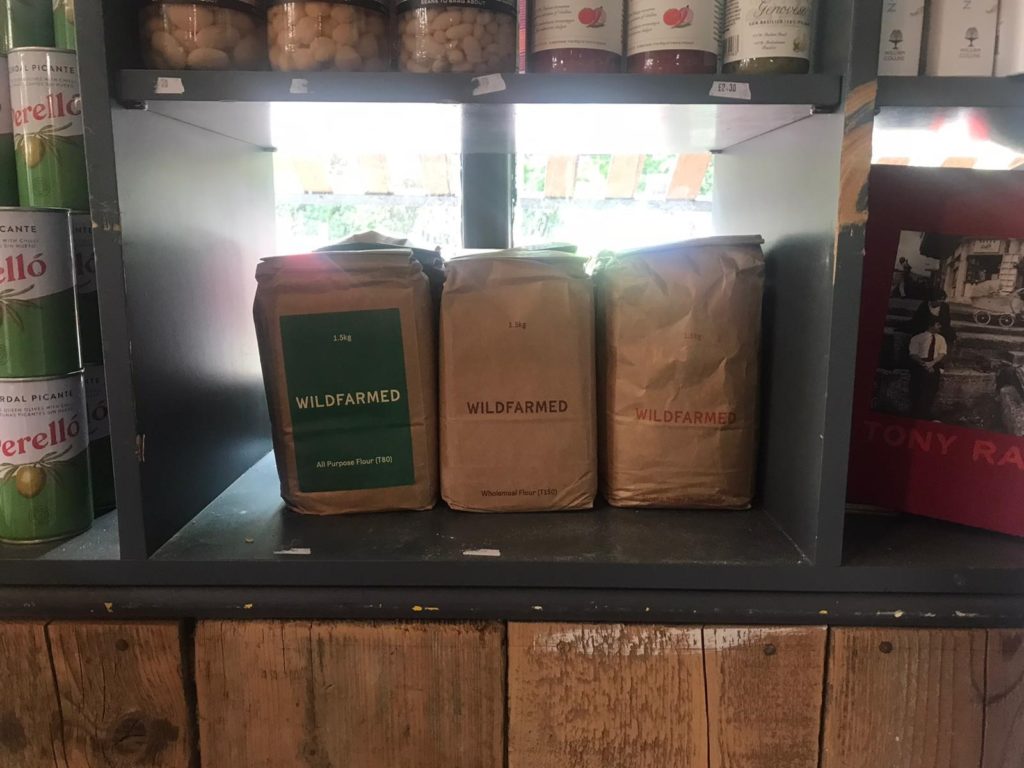
But other than one flagship case study on the Wildfarmed website, Wild Ken Hill in Norfolk, there is no further information about the rest of the farmers, including where and who they are. When Wicked Leeks asked to interview other Wildfarmed growers, a spokesperson said Andy [Cato] is the company’s main press contact.
When Wicked Leeks asked Wildfarmed for the percentage of strip-tilled grains used in the 2021 harvest, Cato asked: “Why does this matter?”
When asked whether they knew how many tonnes of wheat they harvested in 2021, Lees also declined to give a direct answer: “Yes I do, but I’m reluctant to give out the revenues of our business any more than anybody else would be,” says Lees.
As a wholesale customer, D believes that Wildfarmed needs to be much more transparent to the whole supply chain, beyond the farming community, about what exactly their method involves and where the grain is sourced from: “There’s never a good reason to not be completely transparent throughout a supply chain, especially when it’s this simple.
“I love the collaboration between independent bakers, millers and farmers, and when there’s a shared interest, passion and clear channel of communication between the three key positions it’s a powerful feeling, everyone wants to create something they’re proud of.
“But these relationships can’t function healthily without communication, trust and transparency. I’m sad to say I didn’t have any of those three things by the time I finished working with Wildfarmed. I do believe their intentions are good but it all got too murky,” says D.
Cato and Wildfarmed have strongly denied any implication of greenwashing.
“There are people who are very keen to actively misinterpret things or blow things out of proportion and I’m not saying we’ve got everything perfect from the beginning. I’m quite sure we haven’t; we’re doing our best to improve that,” says Cato. “We’re trying to bring this community together and be as transparent as we can.
“Just the thought that we’ve gone through all of those things to make this incredibly complicated job of making change at scale happen is some sort of greenwashing, to then get grain in from places where we’re not saying we’re getting it from is so utterly absurd to me,” says Cato, who is a tenant at the National Trust-owned Colleymore Farm in Oxfordshire and owns a farm in France, where he first trialled new techniques before founding Wildfarmed in 2020 to scale up operations. “We’re just trying to get on with something positive before we run out of ecological road.”
Another organic farmer, who does not supply Wildfarmed but has links to arable farming, says many in the industry do want the company to succeed. “A lot of people are really excited about this; I really want them to succeed. But you have to be transparent because trust matters. Otherwise it undermines what others are doing,” the farmer said.
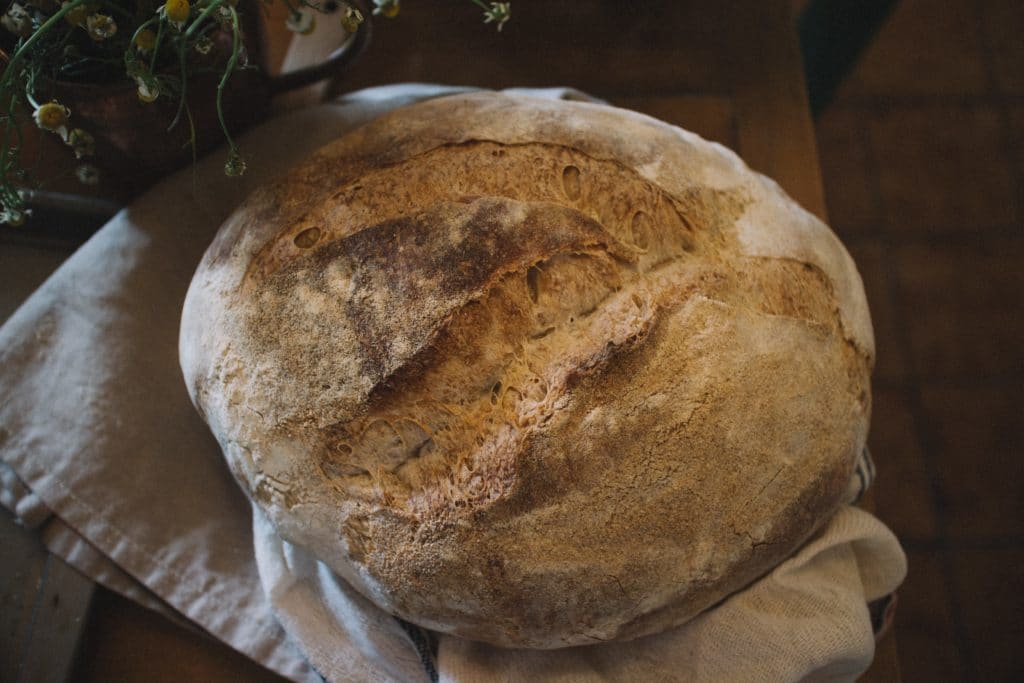
Carbon storage
Various claims about the carbon storage potential of Wildfarmed grains have also been removed from the company website.
On 20th May 2022, an Evening Standard article stated that Wildfarmed flour extracts 380 per cent more CO2 from the air than regular flour. But when Wicked Leeks requested to see the BeZero Carbon audit from January 2022 that this statistic was based on, the request was refused.
The same 380 per cent figure appears in Wildfarmed’s report for wholesale customers, yet Wildfarmed stated that these figures were not for external use, and the co-founders did not know how they had been published.
But without substantiation, facts can hold little weight, as D puts it: “They should show how they got that figure. I have a lot of time for any establishment that has the confidence to put their hands up and admit they’re trying but not fully succeeding in their mission yet; it feels human. Instead they’re changing their claims and not even telling people about it.
Talking about the effect of marketing in general, he adds: “Marketing has become more and more misleading, it often creates mistrust in aspects of business. Yet unfortunately we live in a society where it’s so ingrained in growing as a business.”
How to scale up at the pace needed?
With the biodiversity and climate crises continuing to ramp up, there is no doubt that more change at farm level, where chemicals and ploughing are major contributors to both crises, is urgently needed, especially with the ongoing uncertainty and confusion about exactly how, or even if, new government subsidies will incentivise better farming.
Helen Browning, chief executive of the Soil Association and a wheat supplier to Wildfarmed, believes that the company’s vision is the only feasible way to quickly scale up sustainable grain production.
She says that the approach is “potentially revolutionary” because it encourages risk averse farmers to experiment: “Until [conventional farmers] feel confident that they completely nail the strip till system, then actually just encouraging some of those more complex mixes to happen encourages farmers to learn that you can grow good quality arable crops without using fertilisers and pesticides,” says Browning, who is currently trialling the Wildfarmed mix of grains on 180 acres on her Swindon farm, due to be harvested this summer.
Last year, she supplied the company with approximately 100 tonnes of her regular organic cereal to add into their flour mix, before she sowed the Wildfarmed grain mix.
When asked about the confusion surrounding where Wildfarmed flour was being sourced from, Browning said: “You always have to make sure that your marketing story is accurate. I’m not aware that there’s a problem there. I haven’t been looking at all their marketing blurb so I can’t really comment I’m just looking at the farm end and feeling like they are making some big breakthroughs and being very supportive in terms of helping us to get the system right, paying a very strong price, which has given farmers the confidence to have a go even if their yields will be lower.”
What’s in a loaf?
Without the solid guarantee that certifications like organic provide, the need for transparency and trust is even more crucial. And there is a question of price; if bakers (and consumers) are paying more for sustainably-produced grain, they also need to be sure that it is from a system worth that money.
When you’re trying to do something to meet 2030 goals, you need bold, scalable ideas and sometimes someone might say something that might not be quite right. It’s good to check out on that. Helen Browning, farmer and chief executive of the Soil Association
Back in the bakehouse, D says: “I’m happy to pay the price Wildfarmed sells their flour for, if it is paying the farmers fairly and they’re using the growing techniques they claim. There are other millers who sell their flour for similar prices but I trust them without the certificates as they make it possible to trace the flour that arrives in the bakery back to the field the grain was grown in and who grew it.”
Sarah Holloway, a consultant specialising in sustainability strategy and purpose-driven leadership, explains why authenticity, rather than perfection, should be the ultimate goal for any enterprise: “As more and more companies realise that customers want to know where their products come from, it’s crucial that they respond with real transparency. That means providing proof that their claims are accurate, and being honest about where challenges remain.”
In conclusion
For others, it’s more important that we just get on with change wherever it is physically possible.
Browning, who wholeheartedly agrees that a radical transition is urgently required, says: “We do need to change the world at pace. If we sort out our arable ground in the next five years through this kind of approach it would be revolutionary – it would shift the whole mainstream of farming in the right direction. So I’m possibly prepared to put up with a bit of hype in order to be able to make this happen because we need scaled solutions that work.
“When you’re trying to do something to meet 2030 goals, you need bold, scalable ideas and sometimes someone might say something that might not be quite right. It’s good to check out on that, say ‘come on let’s be really clear’, and making sure that the marketing guys don’t get ahead of themselves,” adds Browning.
For Fresh Flour, the scale-up process is slow and experimental: “Nature makes mistakes and then that can be refined. There’s more to it than being organic or non-organic – it’s a spectrum, but lots of marketing stuff [around regenerative farming] can be a bit cart before the horse,” says Gilhespy.
How to transform the UK’s many arable fields into something more sustainable, plus convince consumers to pay the price it costs to do so, is certainly a complex story to tell.
Cato explains that communicating the importance of soil health to a mainstream audience is “incredibly challenging”.
“We’re trying to bring food that’s grown from soil positive farming onto the high street in a way which can get people’s attention. That’s really difficult,” he says. “We’ve got to get people to the point where they realise that their food choices are probably, or certainly the single greatest point of agency they have on the future of biodiversity for the planet.”
As with any evolving response to a crisis, there will surely be various iterations and interpretations. Whether that is to scale up quickly through a broader appeal, or choose a slower, more purist approach, something that is also being played out in other sectors.
Meanwhile questions should continue to be asked, and answered, so that everyone within that future food system can understand and support farming practices that will be healthier for the planet, and for us.
With additional reporting by Nina Pullman.

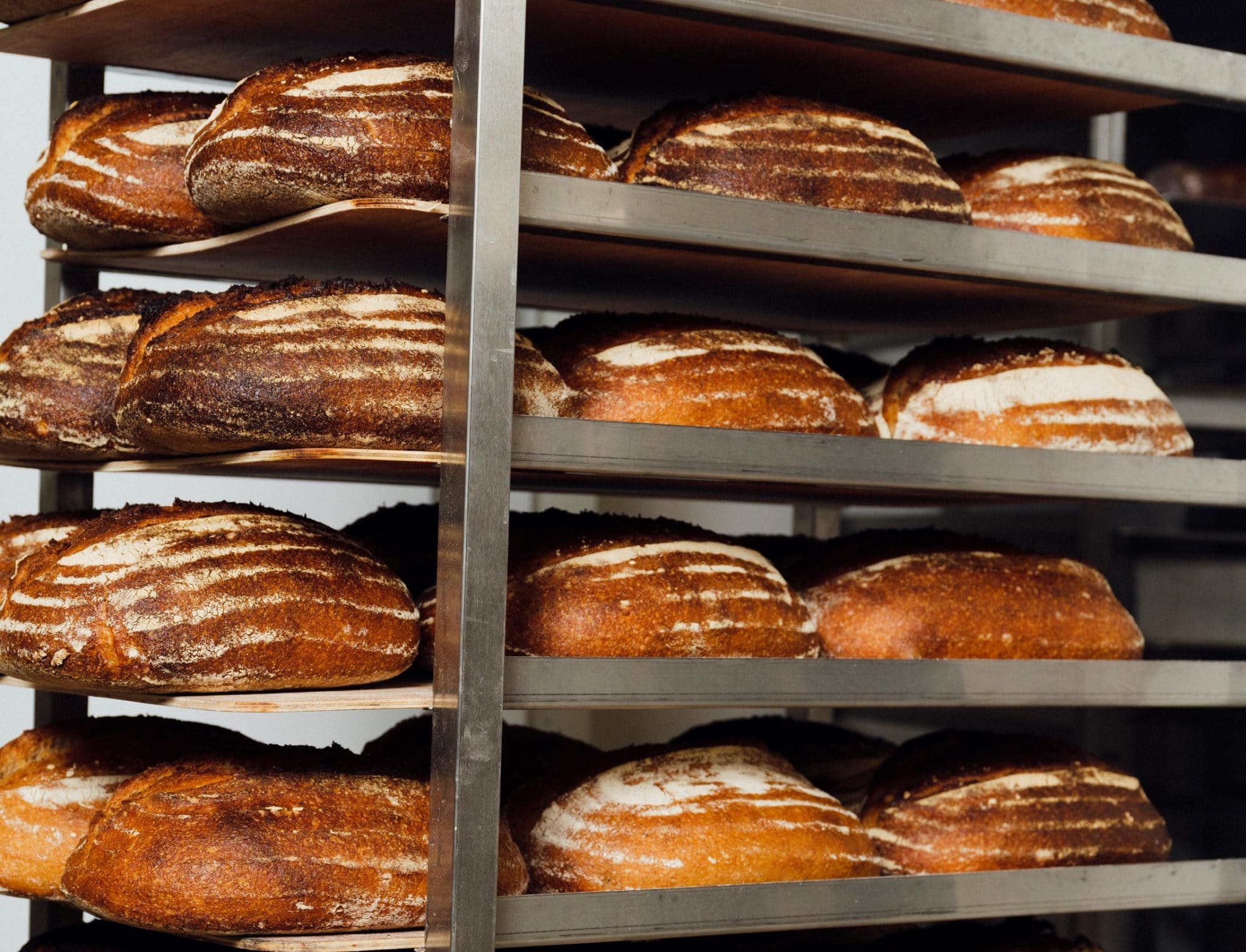

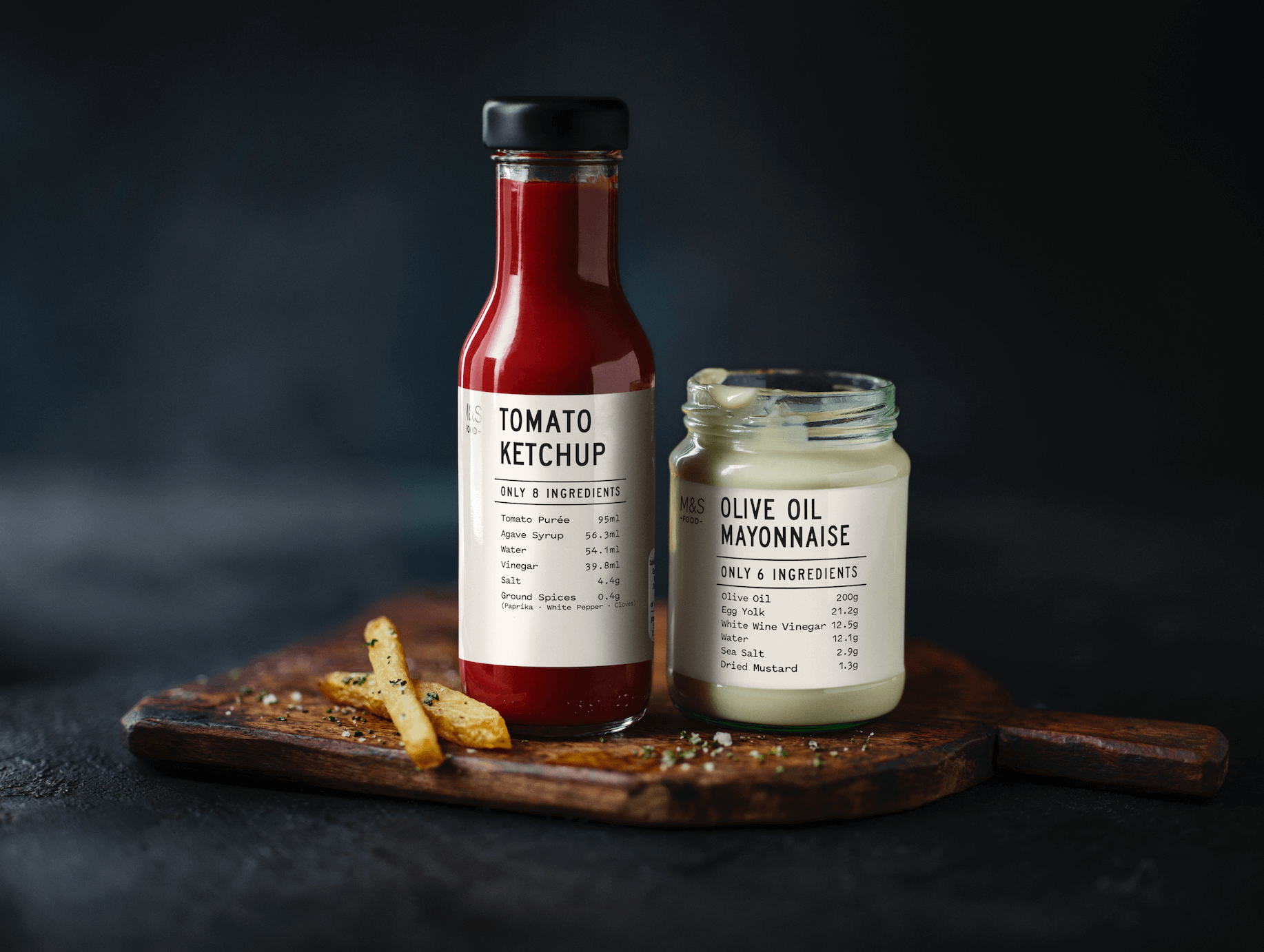





An interesting piece. The fundamental thing here is soil health, something that is vital to all of us, but largely ignored or misunderstood.
A small plea for people with less than perfect eyesight. Printing light grey on white makes it difficult for older eyes to read. More contrast please.
Thanks so much for your feedback Barbara – we will be updating the font to black to improve the contrast, so you should see that change soon.